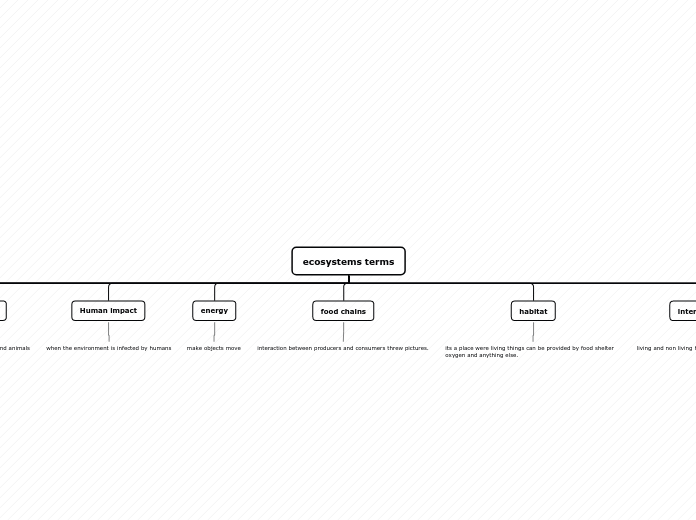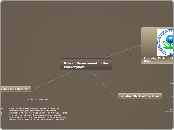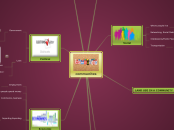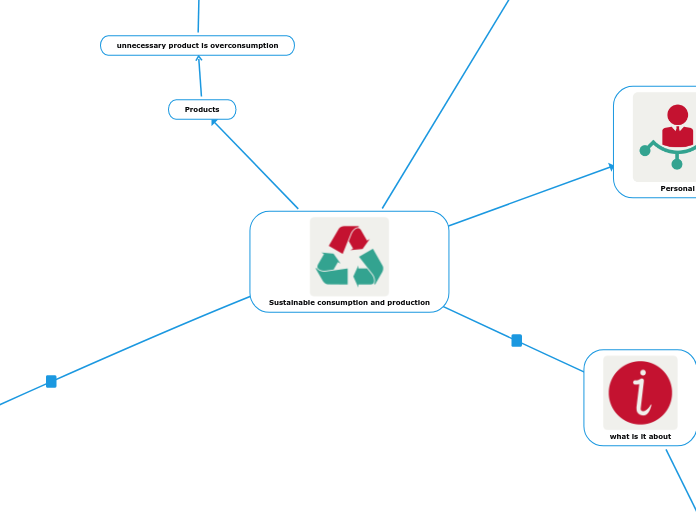by Graydon Andonovski 4 years ago
217
Organigram
In ecological studies, the relationships between living and non-living elements are crucial for understanding the functionality and sustainability of ecosystems. Living organisms, ranging from plants and animals to microorganisms, interact with each other and their environment, forming a complex web of dependencies.









